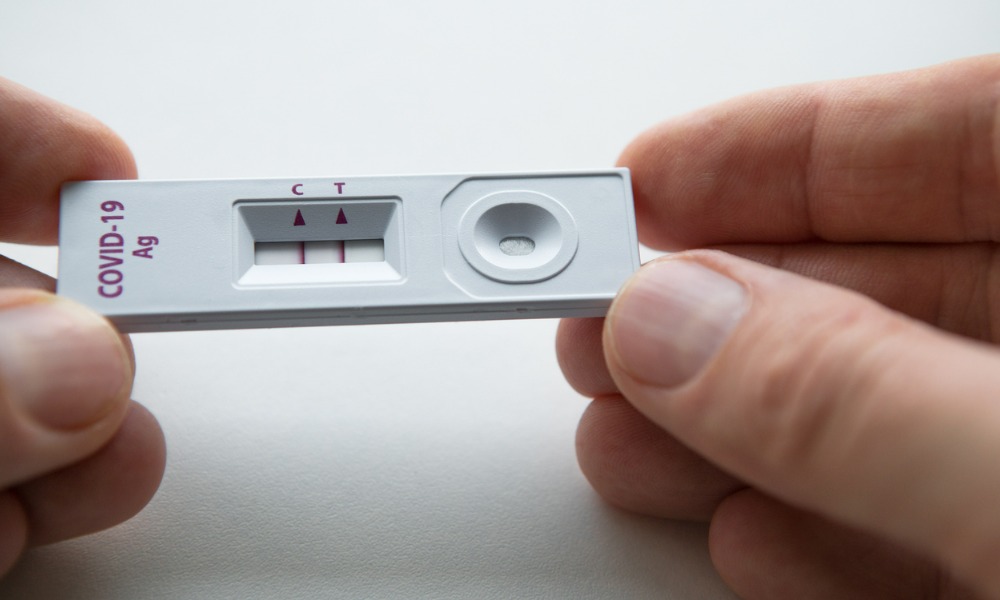Scientists study genetic ‘super dodge’ of COVID-19 to develop better nasal spray vaccines

At the start of the pandemic, Hugh Potter, 68, avoided COVID-19 despite his wife coughing violently from the virus.
Experts are now exploring genetic factors in such rare cases, according to CBC News.
“Lucky,” said Potter, “Where I work, I think almost everyone has had it.”
Experts studying the genes of these rare individuals have gained new knowledge. Scientists writing in the journal Nature described the high activity of a specific gene in people who were not infected.
In a related study, Potter provided DNA to McGill University Health Center researchers looking for those with genetic protection against the virus.
Researchers hope to use this knowledge to develop nasal spray vaccines for COVID-19, similar to FluMist for the flu. Despite the pandemic emergency having ended, COVID-19 still kills about 20 people a week in Canada.
The World Health Organization reported more than 2,600 new deaths in April, bringing the total number of confirmed cases to more than 775 million, with more than seven million deaths globally.
To understand what makes people super avoidant, investigators of the UK Human Challenge COVID-19 study administered a low dose of SARS-CoV-2 to 36 healthy volunteers in March 2021 and monitored their immune responses. None had been previously exposed or vaccinated.
The 16 participants with detailed monitoring were divided into three groups:
Christopher Chiu, a professor at Imperial College London, found high levels of activity in the HLA-DQA2 gene, which signals invaders to the immune system for rapid destruction.
Immunologists not involved in the study aren’t sure why this gene offers protection. “If you had asked me to bet on the genes involved in defense, those are not the ones I would have picked,” said Professor Dawn Bowdish from McMaster University.
Bowdish explained that immune responses differ in the nose, blood and lungs. Vaccines administered in the arm elicit a response as part of adaptive immunity. HLA genes trigger the immune system’s fighting cells.
However, the HLA gene under study, while good at blocking COVID-19 infection, is also associated with diseases such as lupus and rheumatoid arthritis.
Those with persistent infection took longer to mount an immune response in the nasal mucosa, Dr. Lynora Saxinger, an infectious disease specialist at the University of Alberta. Findings from those who responded quickly could help develop nasal vaccines.
Researchers at McMaster and the University of Ottawa aim to create nasal or inhaled vaccines to prevent severe disease and completely block infection.
Bowdish noted that firing immune cells in the nose was once thought to be sufficient, but the new study showed the importance of cells that recruit immune responses in the mouth, nose and lungs.
“We hope to use inhaled or nasal vaccines, and this study provides clues as to which immune genes to target,” Bowdish said. Saxinger added that blocking the infection is essential to prevent asymptomatic spread.
The landscape of the pandemic has changed with variants and immunity from vaccinations. Some people still get COVID-19 repeatedly, and the disease continues to severely affect elderly and vulnerable individuals.
British researchers plan to test several nasal spray vaccines against coronaviruses, including SARS-CoV-2, MERS and common cold viruses. “There may be common characteristics that allow for preventive or early treatment,” Saxinger said.
#Researchers #explore #genetic #immunity #COVID19
Image Source : www.benefitsandpensionsmonitor.com